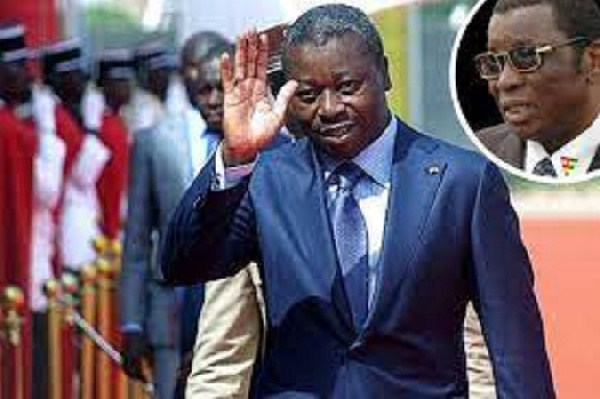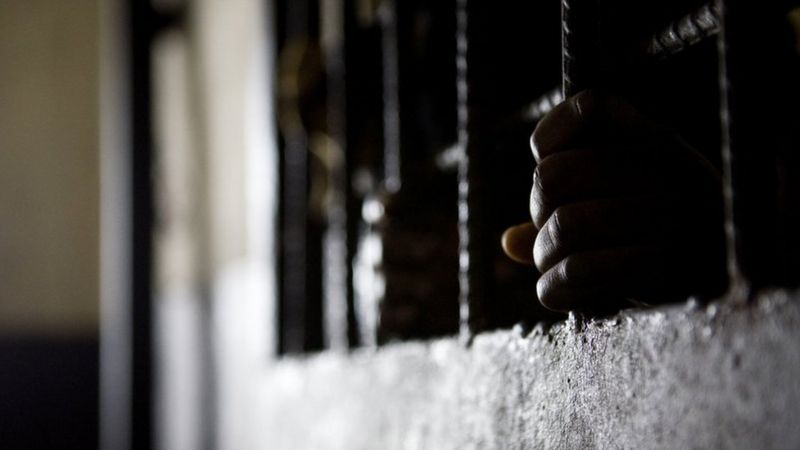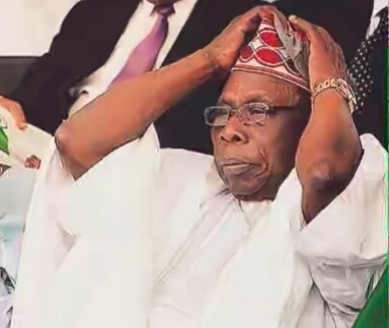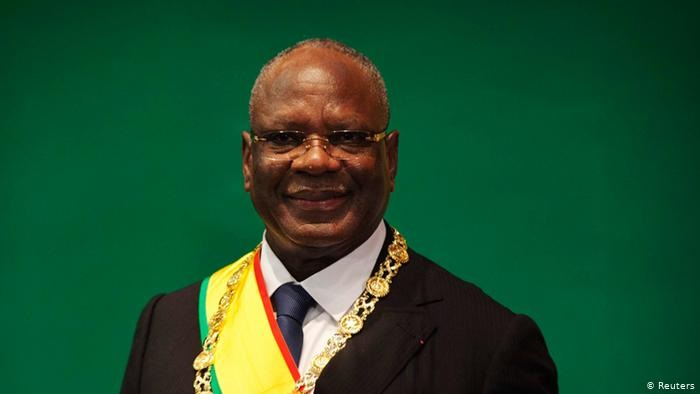Togo postpones elections after new constitution row

Togo has delayed parliamentary and regional elections amid tensions following controversial constitutional reform.
The reform approved by lawmakers last week replaced the presidential system with a parliamentary one.
It also hands executive power to the prime minister, reducing the presidency to a symbolic role.
Opposition parties have rejected the reform, fearing it could let President Faure Gnassingbé stay in power.
He succeeded his father, Gnassingbé Eyadéma, who died in 2005 after ruling the country with an iron fist for 38 years.
The presidency announced the postponement of the elections on Wednesday, but did not give a new date for the polls, which were initially due to be held on 20 April.
The Conference of Togolese Catholic bishops has urged President Gnassingbé not to sign the constitutional changes into law, citing the need for “broad consultation and a more inclusive national debate”.
Under the new system, the president will be selected by parliament without debate for a single six-year term, rather than being directly elected.
Opposition parties boycotted Togo’s previous elections and are poorly represented in Togo’s parliament.
As a result, the constitution change was approved almost unanimously – with only one legislator voting against and one other abstaining.
The presidency said on Wednesday that the delay was to allow for “consultations” over the contested constitutional changes.
“The National Assembly wished to have some days to engage in broad consultations with all stakeholders,” the presidency’s statement said.
The election delay comes days after President Gnassingbé sent the contested law back to parliament for a second reading, amid mounting criticism.
Source: bbc.com





